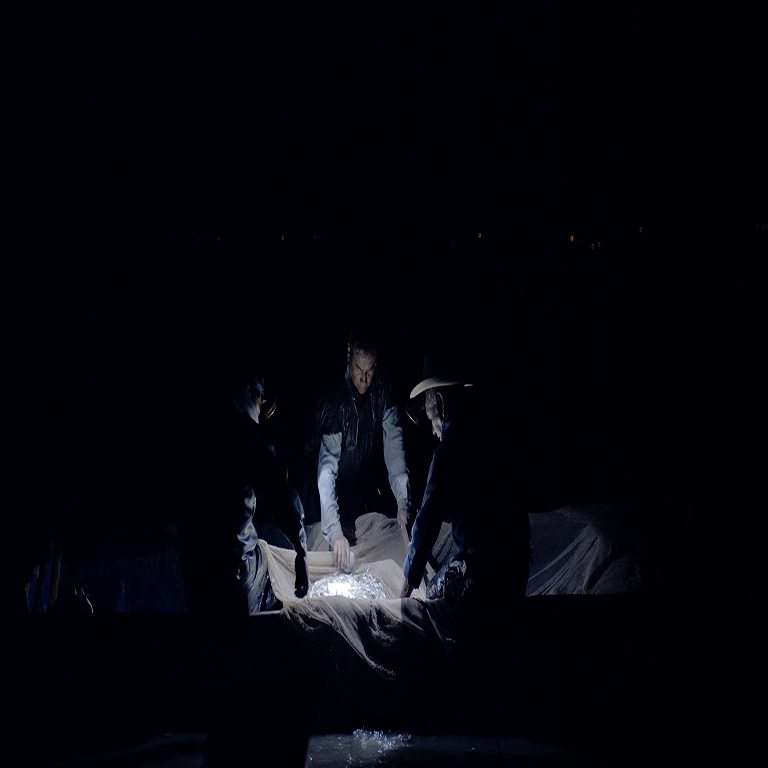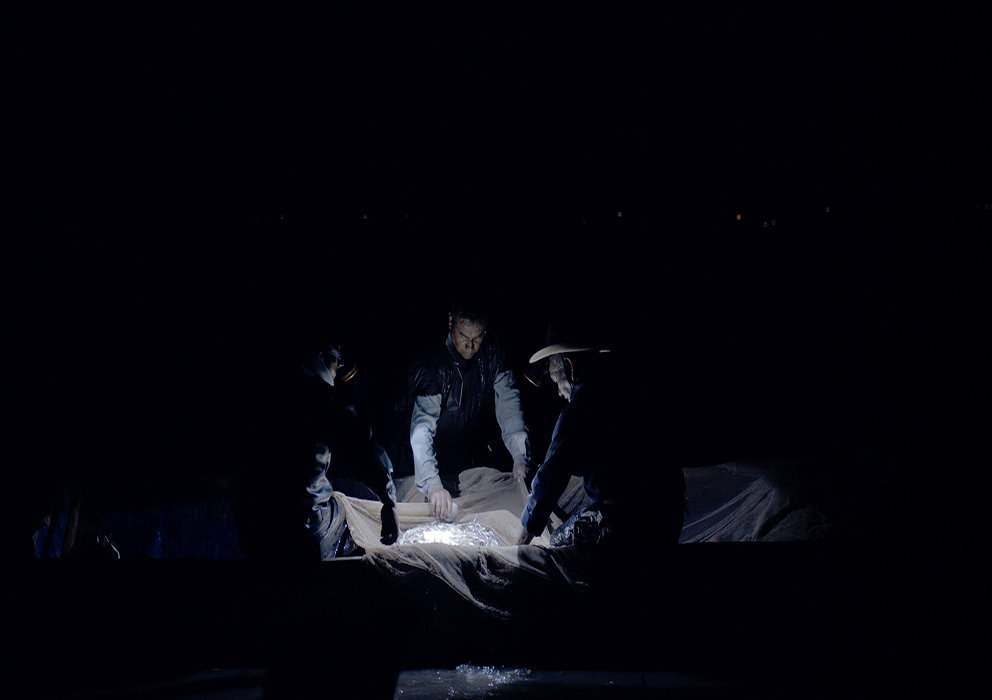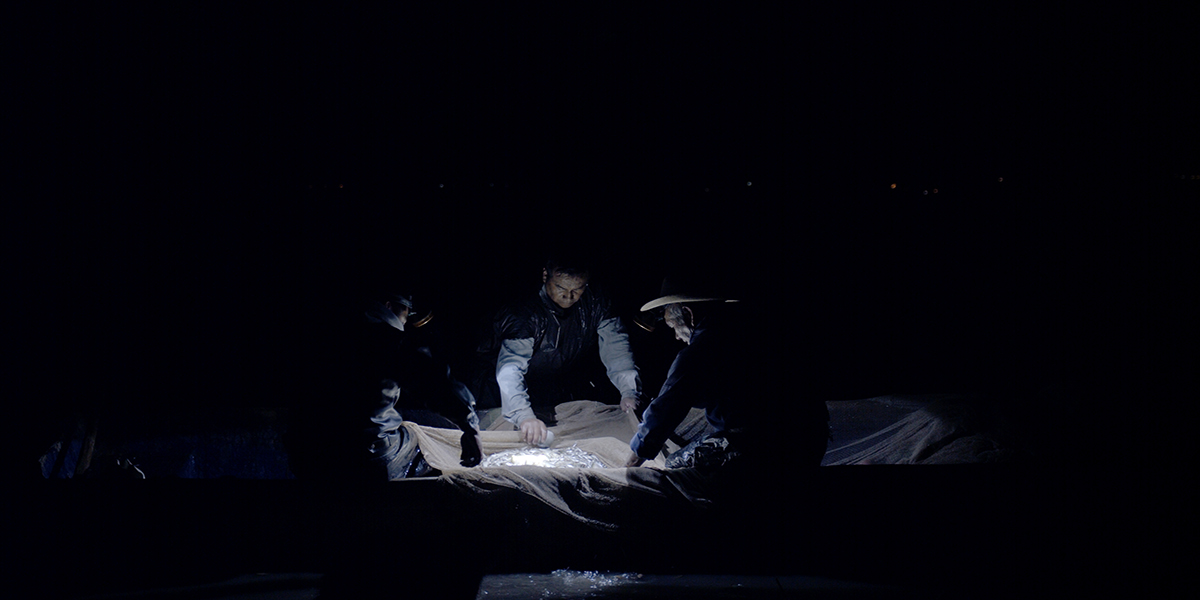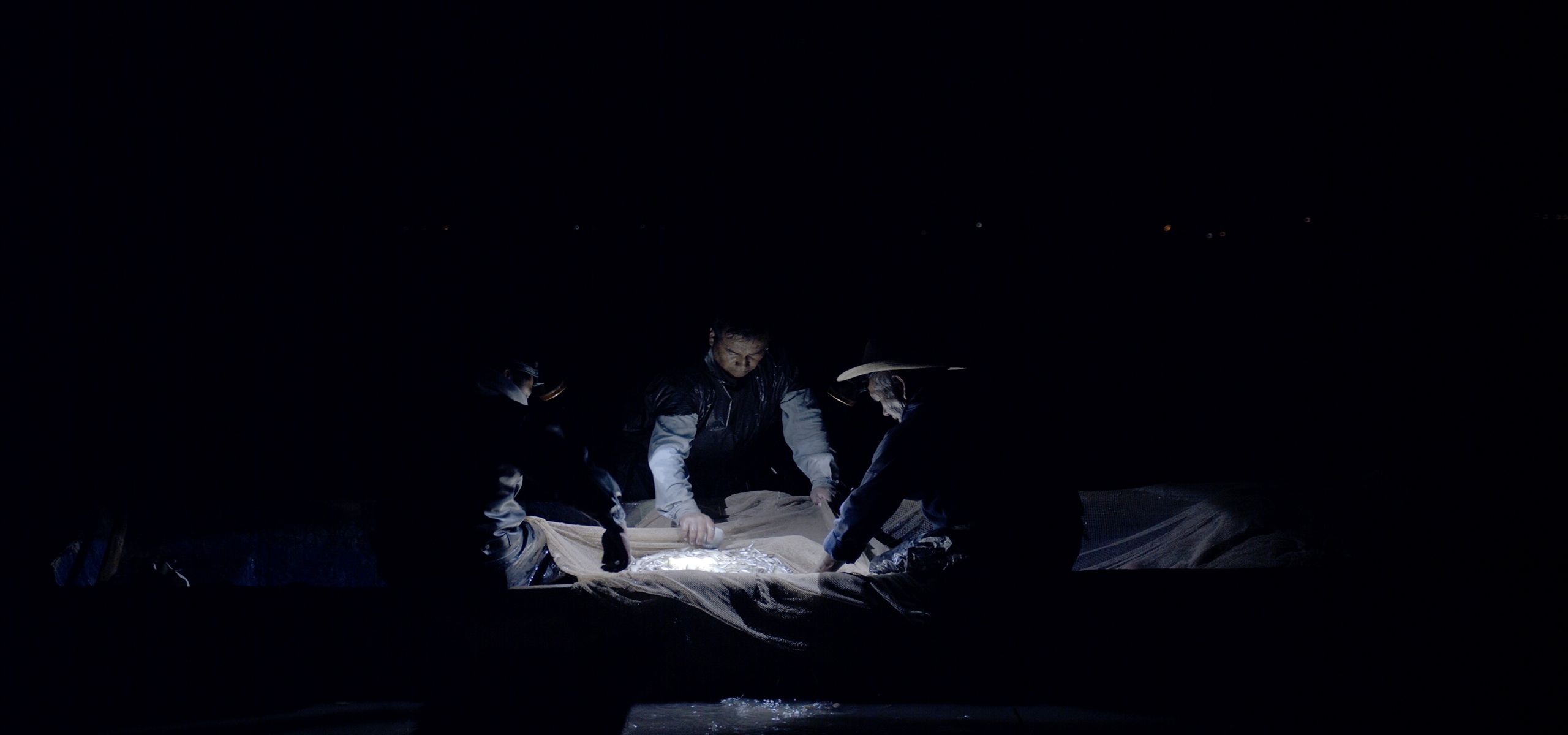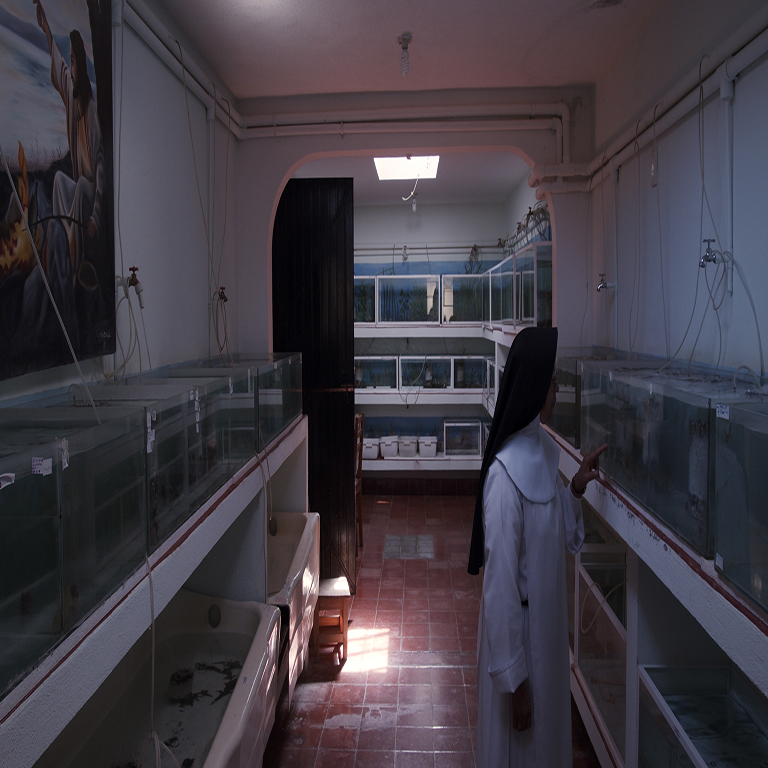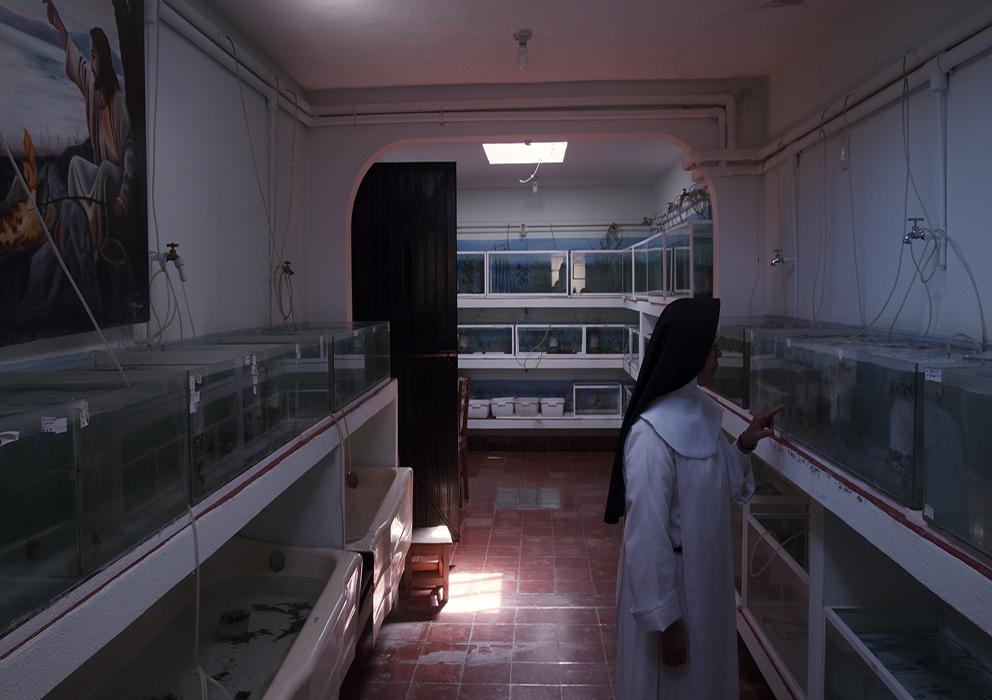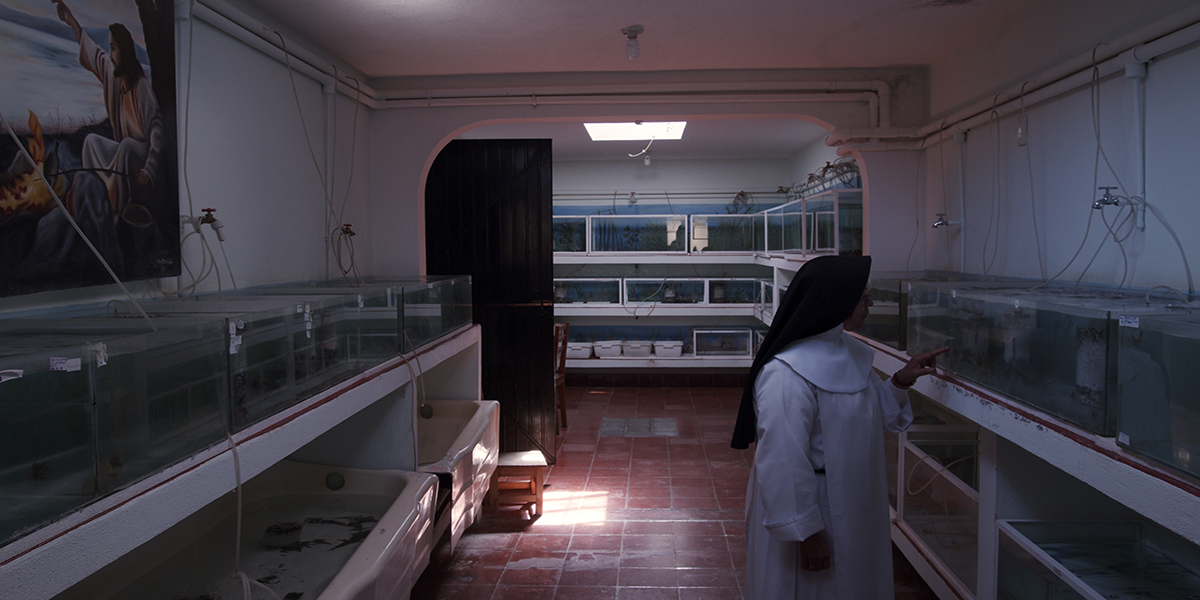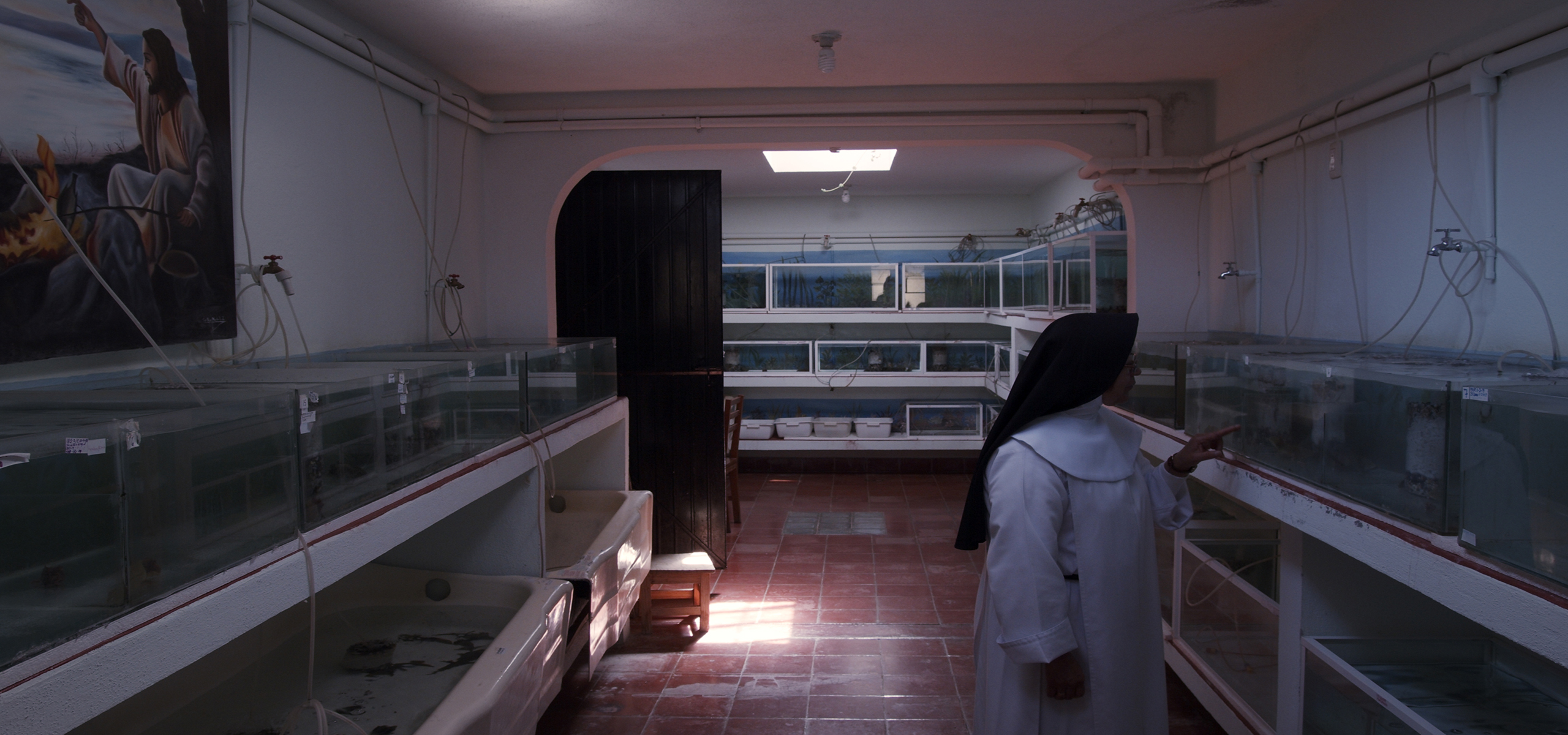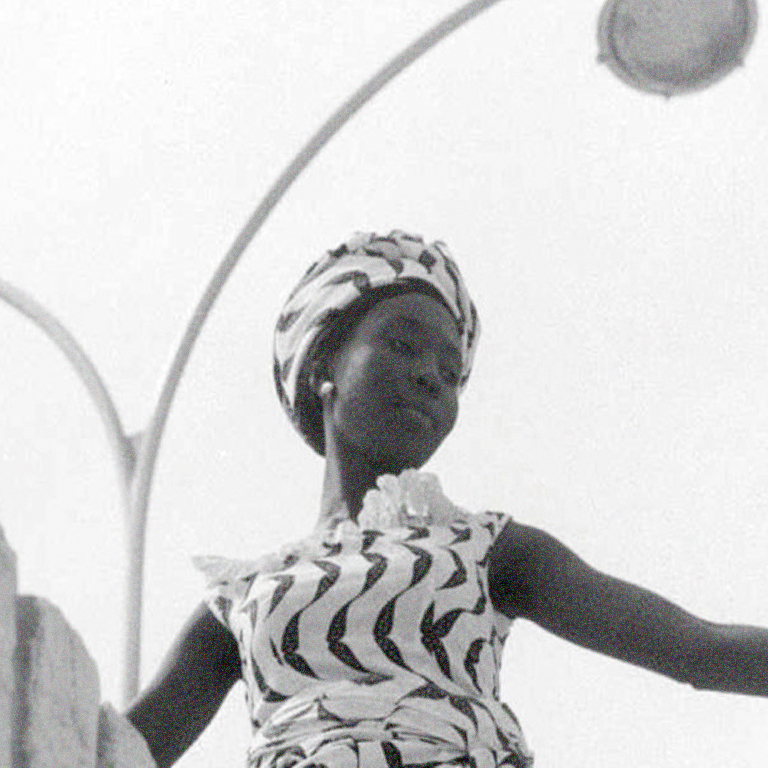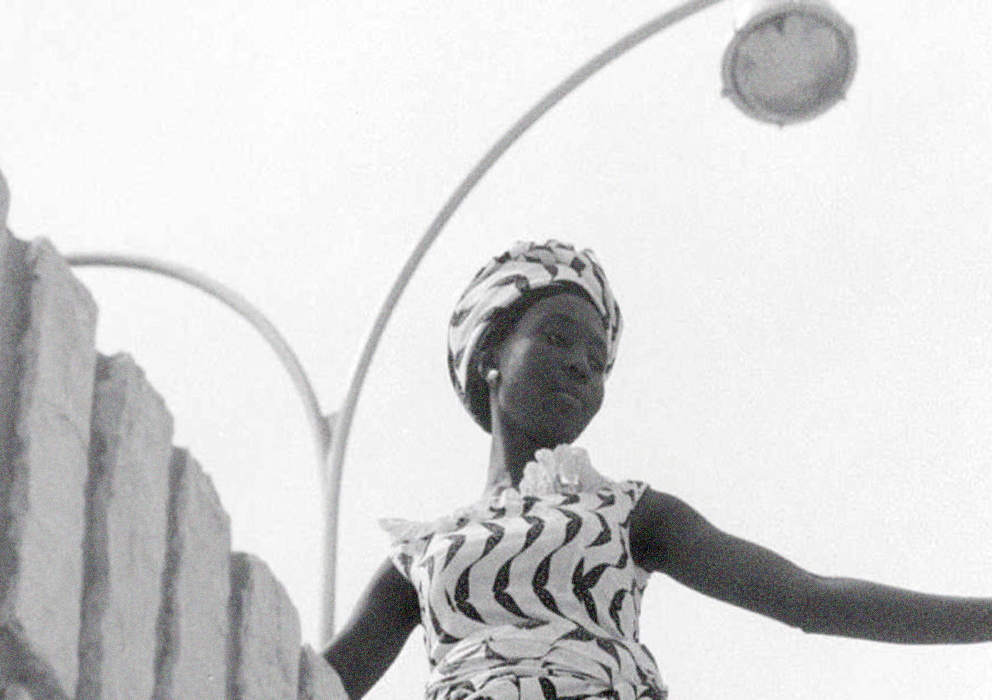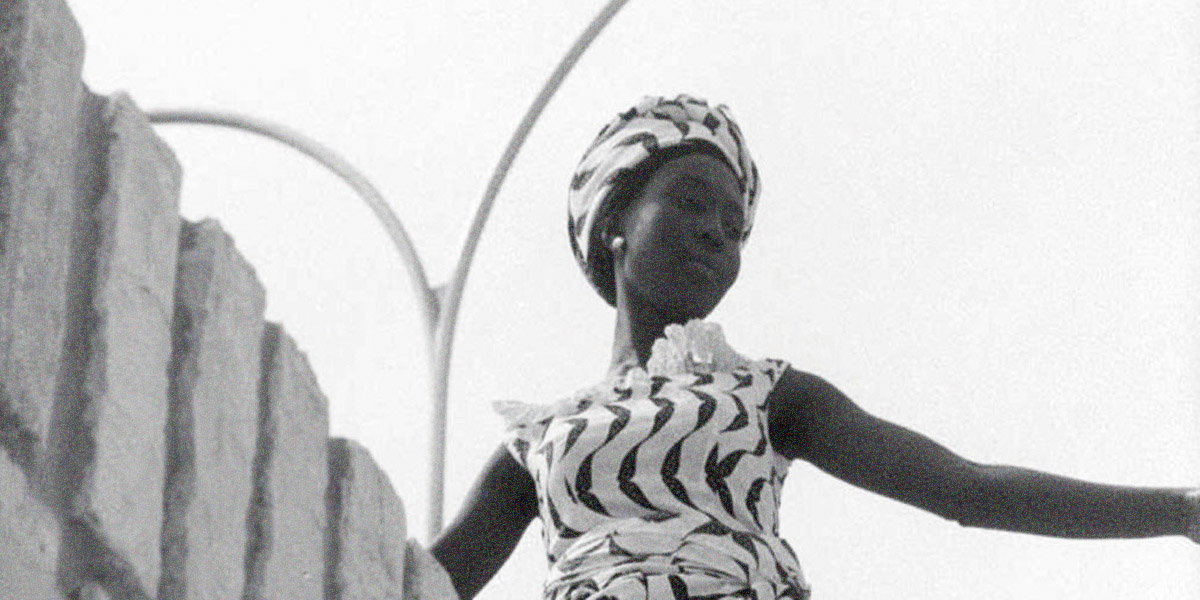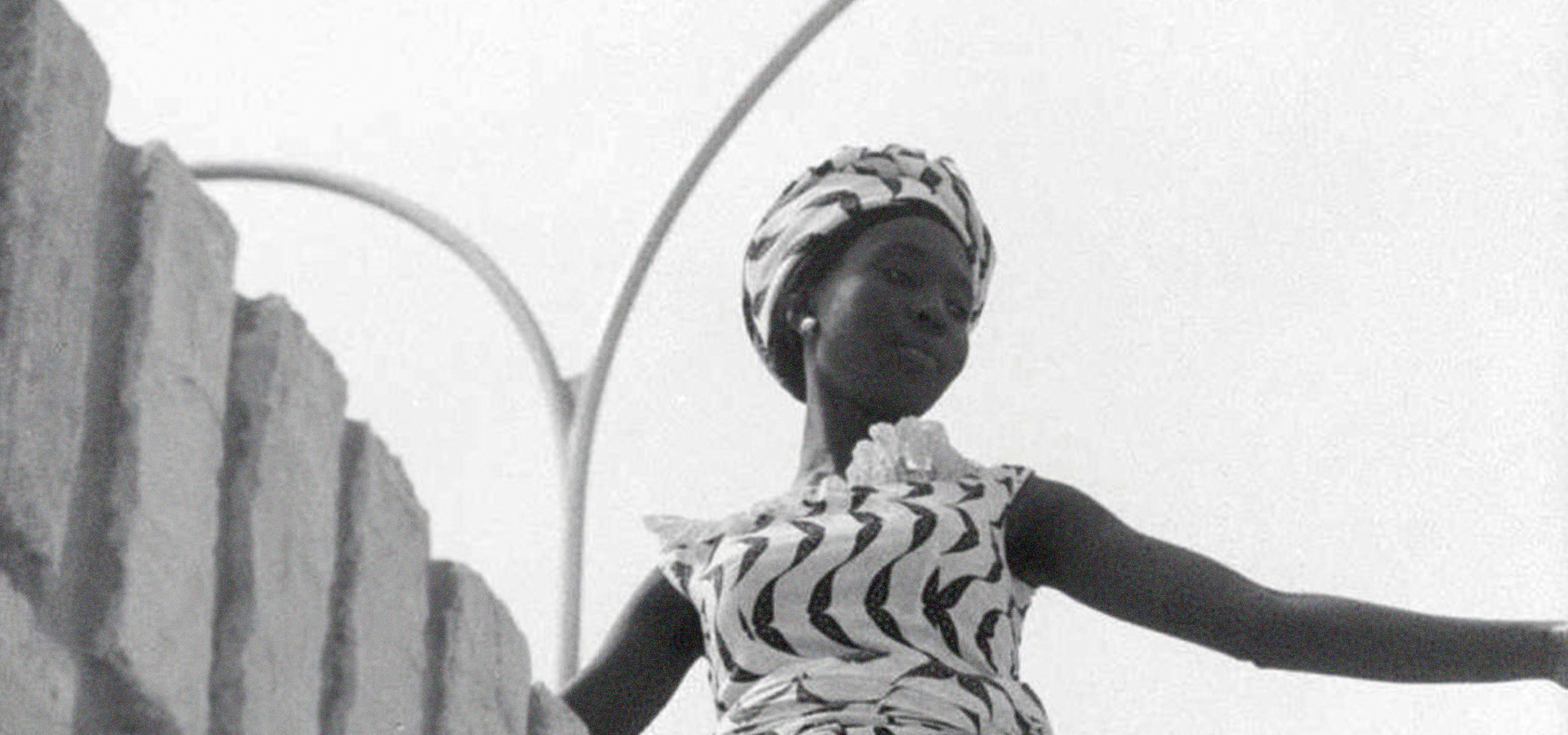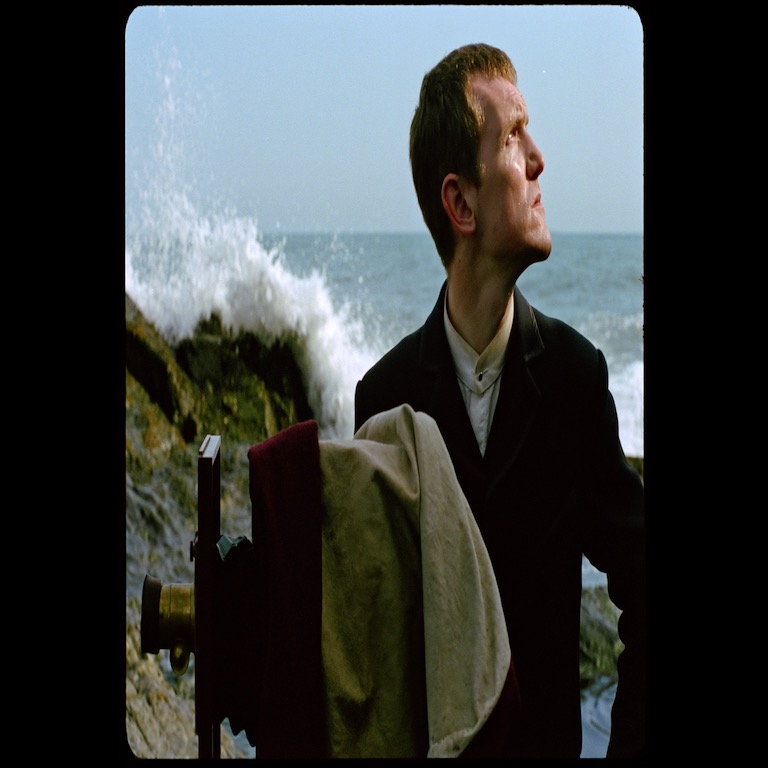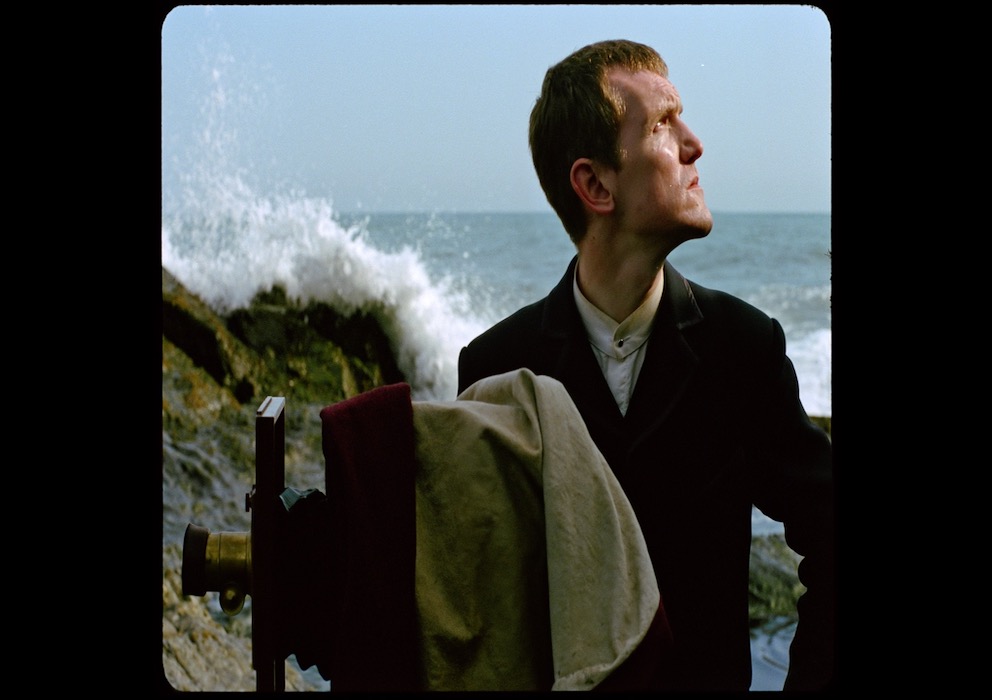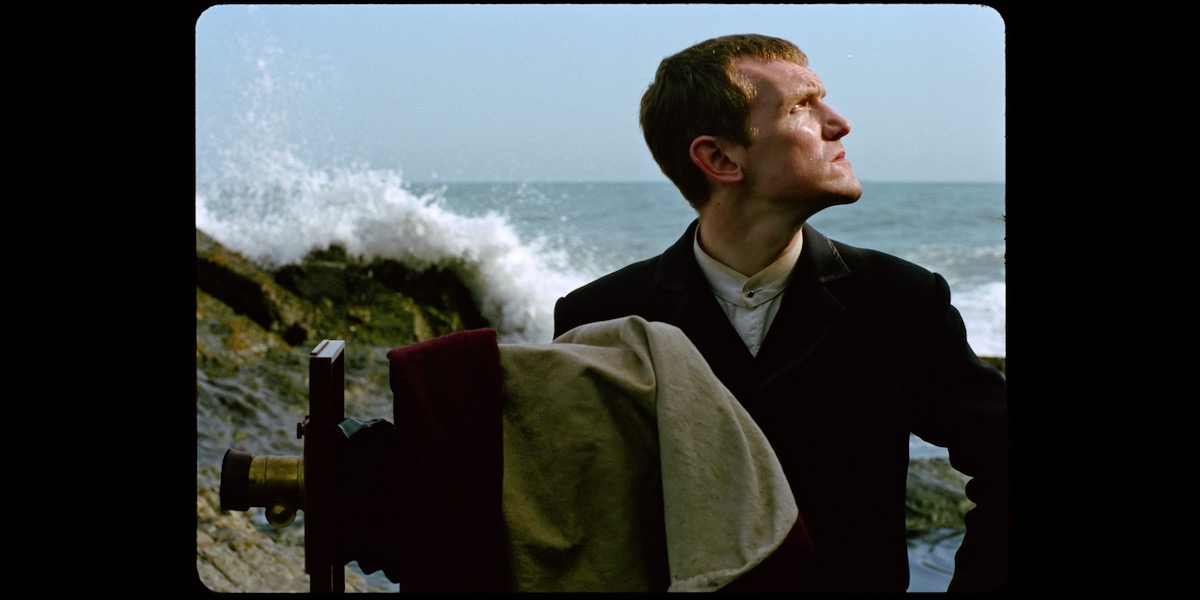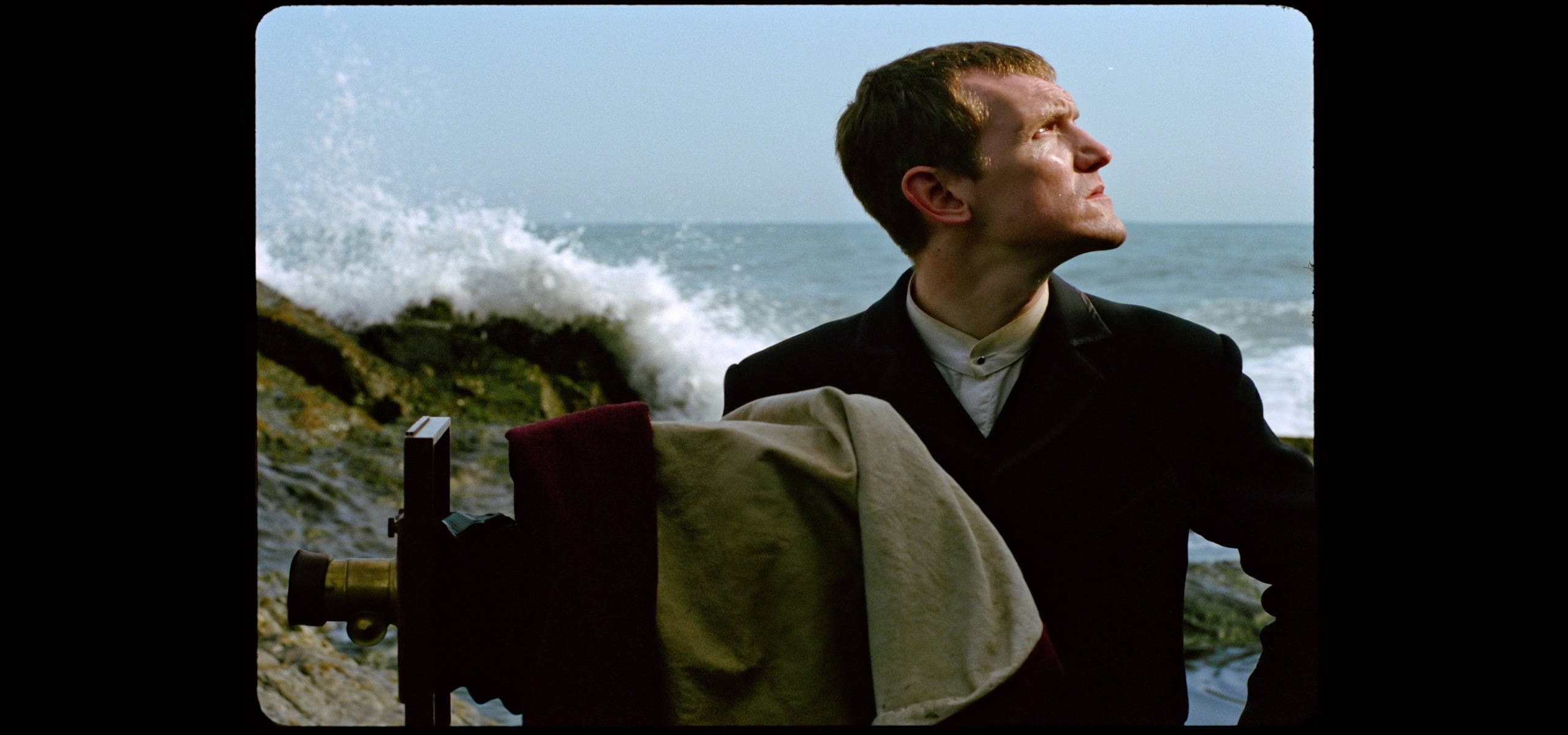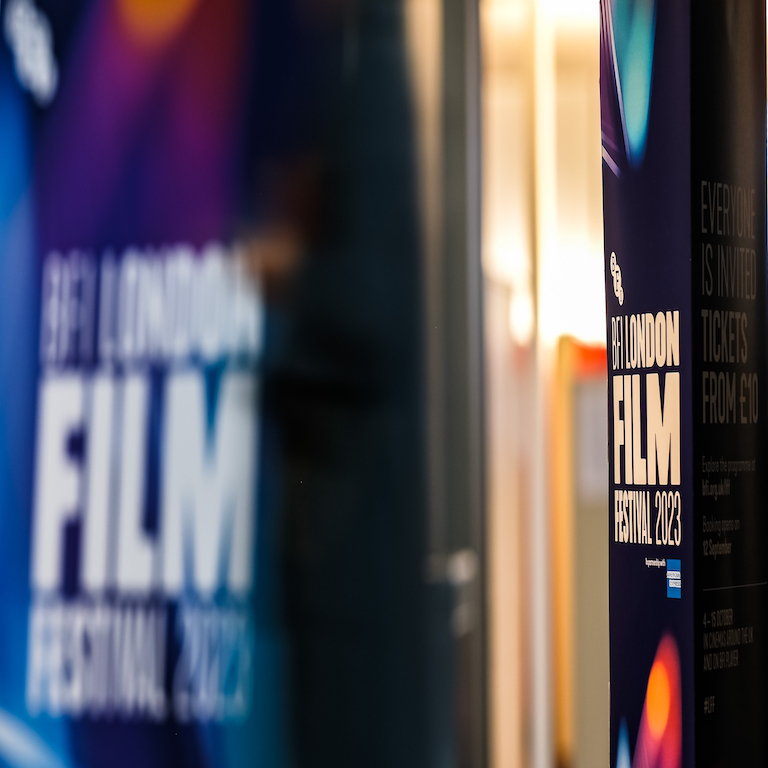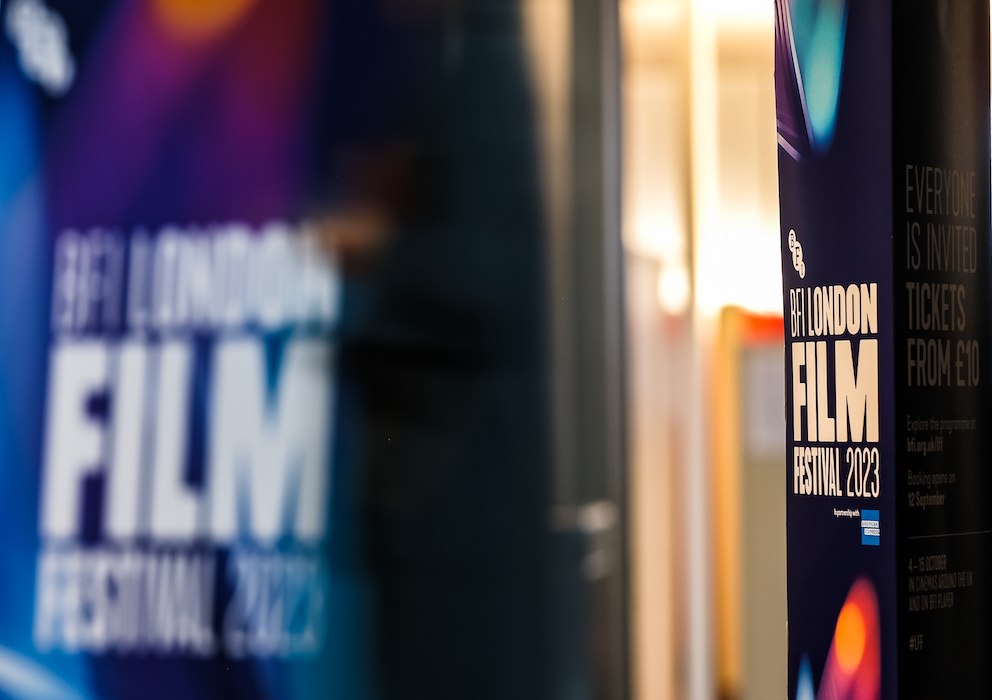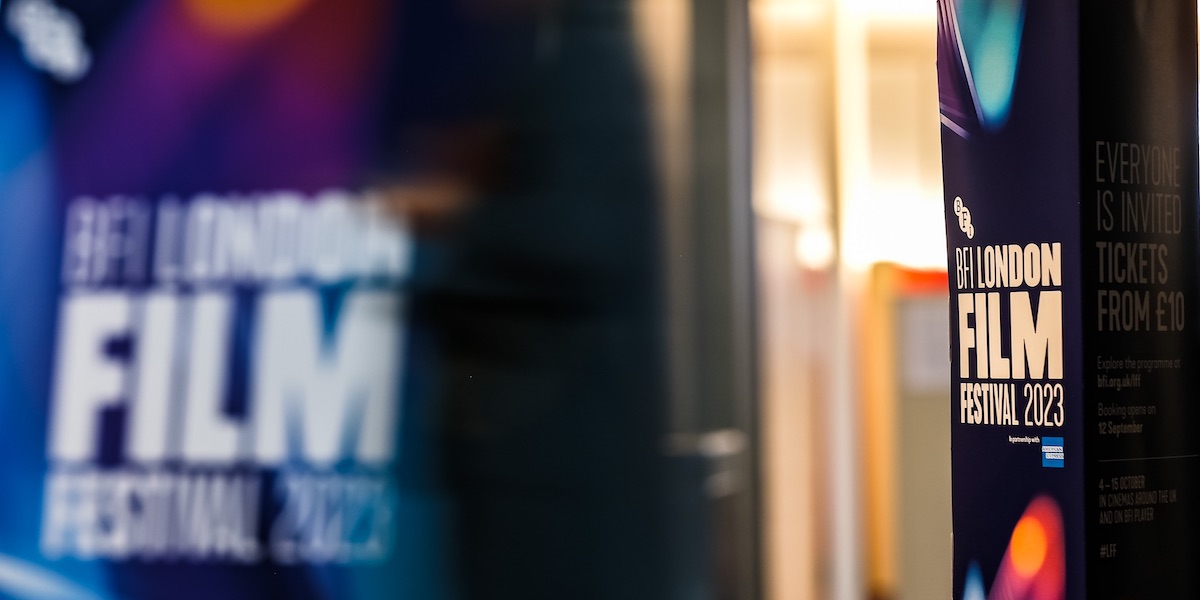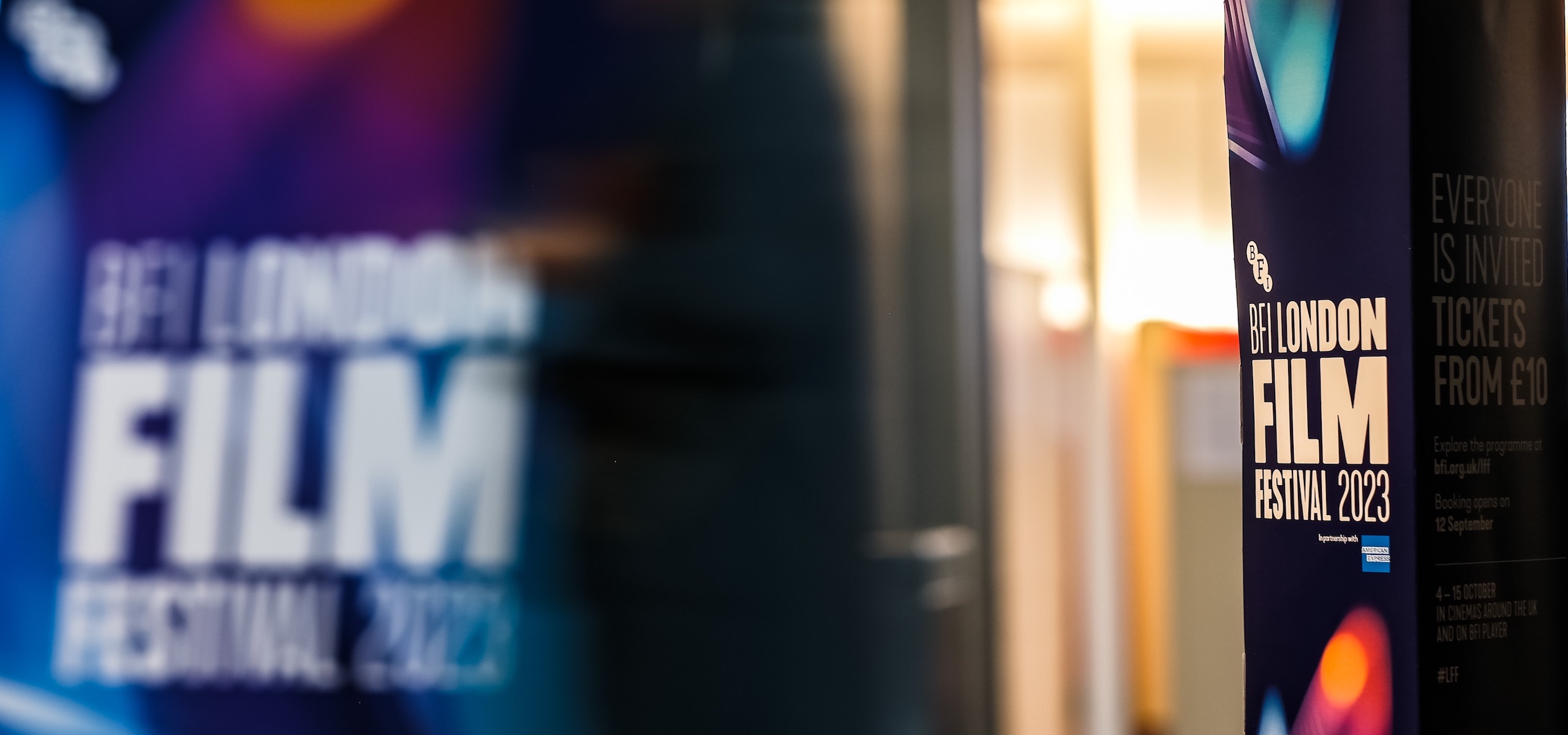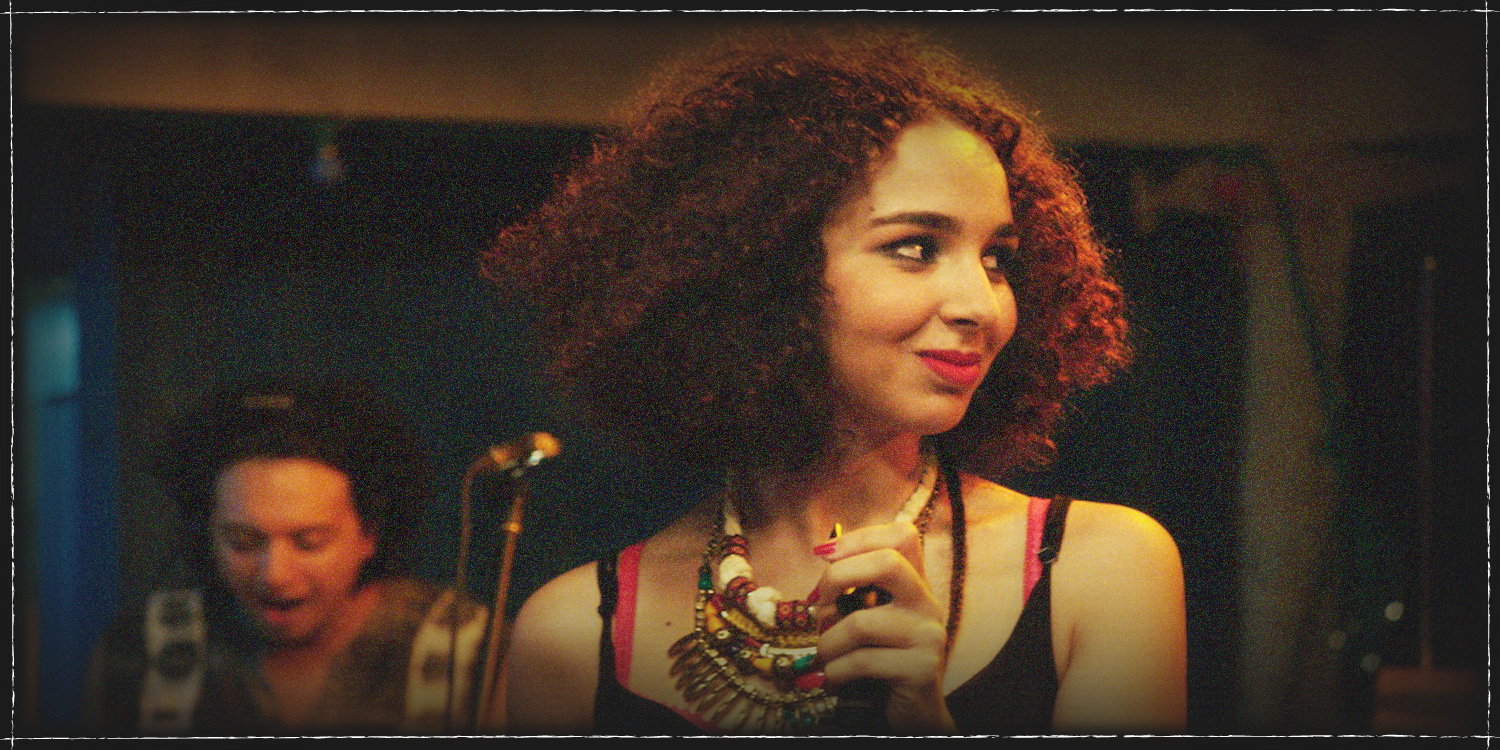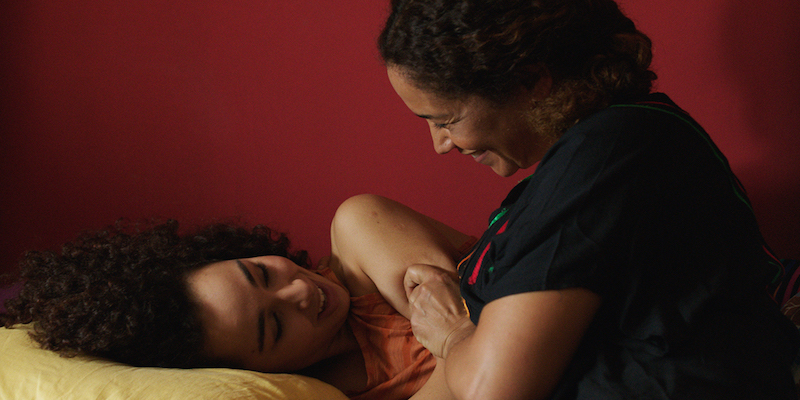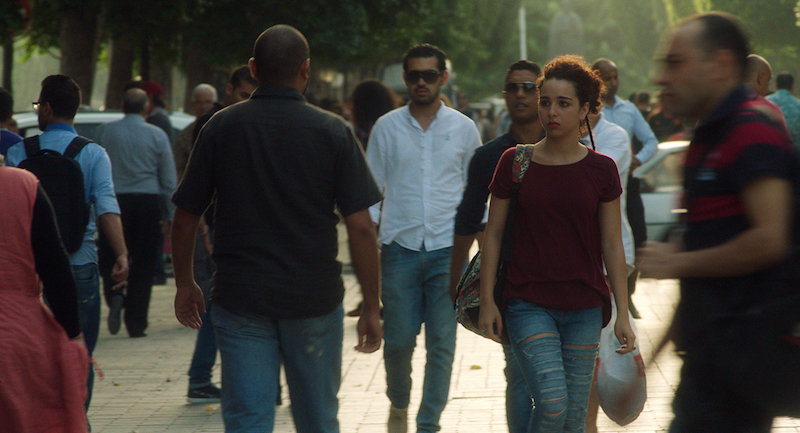This is not a portrait of the young people who started the Arab Spring. Nor is it a film documenting the events that led to the revolution in the way you’d expect a new film coming from Tunisia to be. Following a day in the life of 18 year old Farah, played by newcomer Baya Medhaffer, the film sets its tone right from the opening sequence with the excitement and restlessness of the young girl’s summer routine: Breakfast with mum, rehearsal with the band, first live gig, date with band-mate and boyfriend Borhėne, late taxi home, big fight with mom, sleep, GCSE results the morning after, Musicology not Medical School, despite parents’ objections.
Witnessed through Farah’s rose tinted glasses, the first part of the film is a testimony of the positive, revolutionary power and determination of young people in general. And that universality is one of the main strengths of the film. Just like any other 18 year old anywhere in the world, Farah is in love, she also wants to be a musician and most importantly she wants to be free to experience her youth to its maximum. Her lust for life drives her to revolt against her family, society and a system that just won’t let her be herself.
With challenge comes conflict especially in the summer of 2010 in Tunis where that conflict soon becomes a battle. In the second half of the film Farah’s life takes an unexpected turn and she is forced to fight against the personified powers that be. Her mum bans her from playing with the band, her boyfriend begins to object to her free spirit and her friend and band manager Ali, in a semi autobiographical episode turns out to be a police informant.
Farah’s sole weapon, her politically charged lyrics and music, seem unable to break through society’s prejudice and the state oppression. In one of the most powerful scenes of the film, her mother Hayet worried about her daughter’s safety in Tunis takes her to the bus station and manages to get her the on the last seat on a coach to Gafsa. Farah leaves her mother only for 5 minutes and disappears. Tension is palpable as Hayet desperately searches the busy bus station to find her daughter. The place becomes threatening, the people deceiving, the sounds mixed with haunting voices as she spins in a torrid frenzy.
